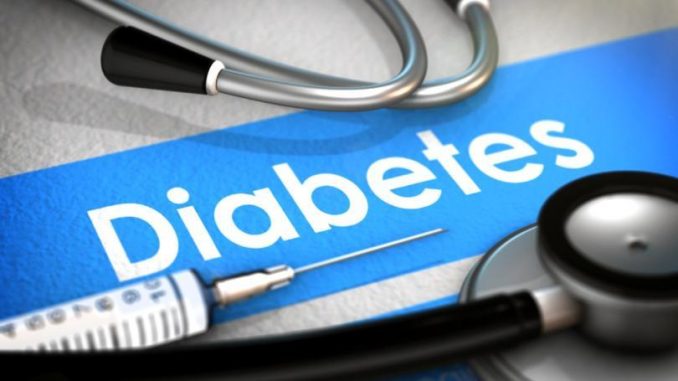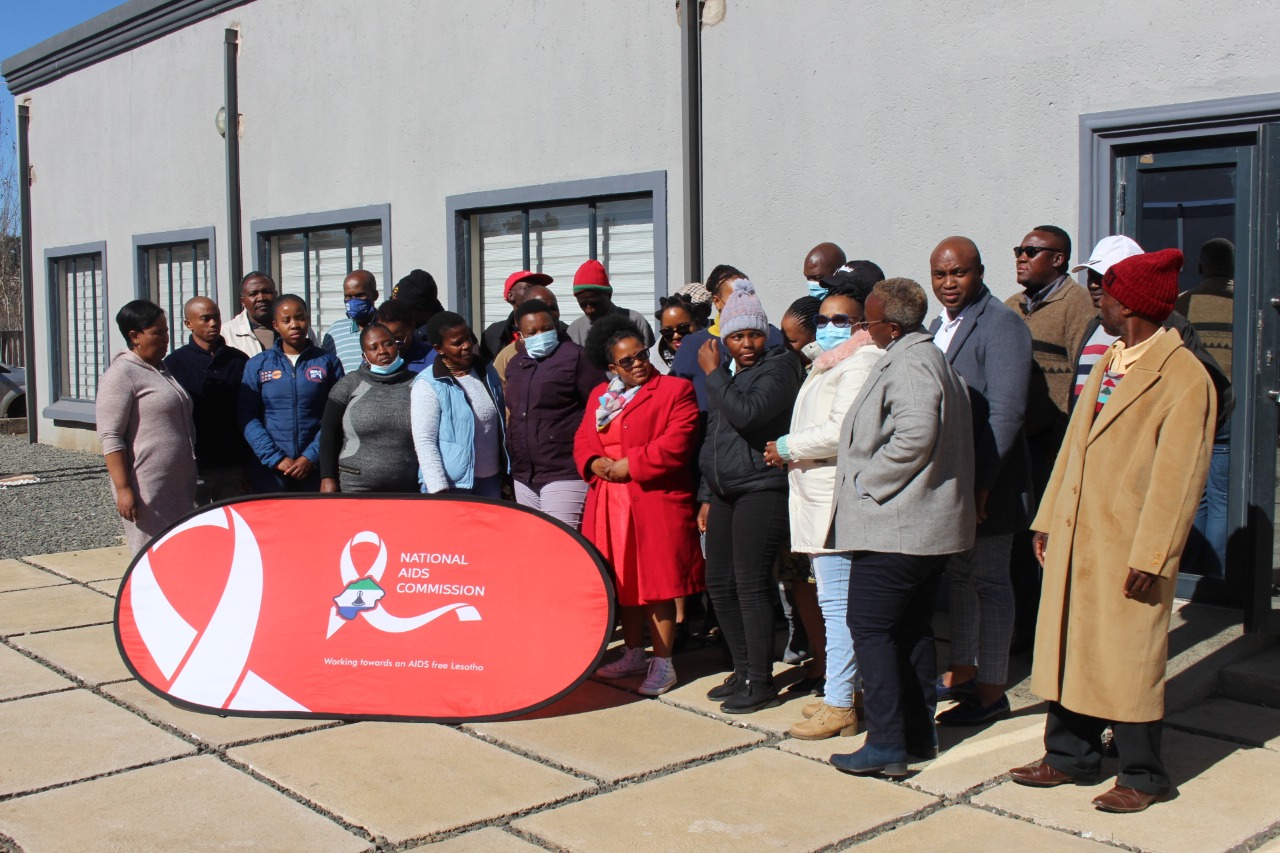Lesotho is grappling with some of the most severe health challenges in the world, including the highest rate of new tuberculosis cases globally, the highest suicide mortality rate in Africa, and maternal deaths far above national and global targets, according to the World Health Organisation (WHO).
The country recorded an estimated 650 new TB cases per 100,000 people in 2021, with more than 60 percent of cases in 2020 occurring among females aged 15–24. HIV prevalence remains among the world’s highest at 21 percent, with more women than men infected.
On maternal health, Lesotho’s 2017 maternal mortality ratio stood at 544 deaths per 100,000 live births, higher than the African regional average of 525. While 65 percent of women aged 15–49 use contraception, 16 percent still have an unmet need, and incomplete abortions were the top reason for inpatient admissions in 2020.
Noncommunicable diseases (NCDs) are also on the rise. Between 2009 and 2019, deaths from diabetes increased more than for any other condition, while the probability of dying from the four major NCDs between ages 30 and 69 reached 42.7 percent, the highest in the African Region. Mental health concerns are acute; Lesotho recorded 72.4 suicides per 100,000 people in 2019, the highest suicide rate in Africa.
These statistics are contained in the recently published WHO Country Cooperation Strategy (CCS) 2024–2027, aimed at reducing maternal and child deaths, combating communicable and noncommunicable diseases, and strengthening the country’s health systems.
The strategy, covering the period 2024–2027, sets clear targets aligned with the United Nations Sustainable Development Goals (SDGs) and Lesotho’s national health priorities. It addresses urgent issues such as high maternal mortality, adolescent health, intimate partner violence, HIV, tuberculosis, and the growing burden of lifestyle-related diseases.
In reproductive, maternal, neonatal, adolescent, and child health, WHO says it will support efforts to cut maternal deaths to fewer than 75 per 100,000 live births and reduce under-five mortality to 25 per 1,000 live births. This will include scaling up sexual and reproductive health services, improving management of childhood illnesses, expanding vaccination coverage, and engaging adolescents in health decision-making.
Measures will also include strengthening responses to sexual and gender-based violence, enhancing disease surveillance for vaccine-preventable illnesses, and promoting “Reach Every Child” and “Reach Every District” approaches in health service delivery.
The CCS emphasises tackling both communicable and noncommunicable diseases. WHO indicates that it will work with the Ministry of Health to expand HIV services to underserved populations, improve tuberculosis and HIV research, and address the social determinants of health through stronger collaboration between government, private sector, and civil society.
For noncommunicable diseases (NCDs), the plan calls for new policies and legislation targeting major risk factors, strengthening research capacity, and improving access to essential NCD services. It also proposes reviving the formal engagement of traditional healers to enhance community-based health service provision.
WHO says the strategy is designed to ensure better coordination between health actors in Lesotho, mobilise resources, and guide investments in priority health areas.
“WHO is fully committed to implementing CCS 4 through collaborative efforts with all stakeholders. CCS 4 will be jointly monitored by the Ministry of Health and WHO throughout its implementation and any adjustment needed will be made to respond to emerging needs,” said Dr Innocent Bright Nuwagira, WHO Country Representative in Lesotho.
“We look forward to further strengthening the partnership between WHO and the Kingdom of Lesotho,” Dr Nuwagira added.
“The Ministry of Health welcomes the Country Cooperation Strategy 2024– 2027, which is aligned with the WHO Thirteenth General Programme of Work 2019–2025 (GPW 13),” said Minister of Health, Selibe Mochoboroane.
Mochoboroane said the strategy paves the way for a new level of collaboration that is strategically focused, results-oriented and built on longstanding partnerships.
“I wish to pledge the support of the Ministry of Health to ensure the implementation of WHO’s Country Cooperation Strategy 2024–2027 towards achieving good health and well-being for all people in the Kingdom of Lesotho,” he said.
The plan will run until 2027, with progress measured against a range of indicators, including SDG targets on maternal and child health, HIV, NCD mortality, and violence against women.
Summary
- Lesotho is grappling with some of the most severe health challenges in the world, including the highest rate of new tuberculosis cases globally, the highest suicide mortality rate in Africa, and maternal deaths far above national and global targets, according to the World Health Organisation (WHO).
- WHO indicates that it will work with the Ministry of Health to expand HIV services to underserved populations, improve tuberculosis and HIV research, and address the social determinants of health through stronger collaboration between government, private sector, and civil society.
- “I wish to pledge the support of the Ministry of Health to ensure the implementation of WHO’s Country Cooperation Strategy 2024–2027 towards achieving good health and well-being for all people in the Kingdom of Lesotho,” he said.

Ntsoaki Motaung is an award-winning health journalist from Lesotho, specializing in community health stories with a focus on sexual and reproductive health and rights, as well as HIV. She has contributed to platforms like “Be in the KNOW,” highlighting issues such as the exclusion of people with disabilities from HIV prevention efforts in Lesotho.
In addition to her journalism, Ntsoaki serves as the Country Coordinator for the Regional Media Action Plan Support Network (REMAPSEN). She is also a 2023 CPHIA Journalism Fellow.










